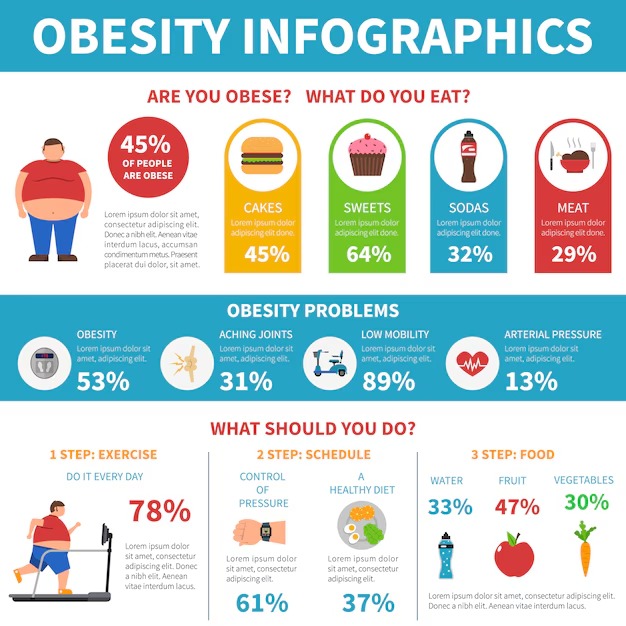Metabolism plays a crucial role in both digestion and blood sugar regulation. Here’s a breakdown of how these processes interconnect:
1. Role of Metabolism in Digestion
- Energy Conversion: Metabolism involves converting the food we eat into energy. During digestion, macronutrients (carbohydrates, proteins, and fats) are broken down into smaller molecules that the body can utilize.
- Nutrient Absorption: After food is broken down in the digestive system, nutrients are absorbed into the bloodstream. Metabolism determines how efficiently the body can use these nutrients.
- Biosynthesis: Metabolism includes anabolic processes that build and repair body tissues. Nutrients absorbed during digestion contribute to these processes, facilitating growth and maintenance.
2. Role of Metabolism in Blood Sugar Regulation
- Glucose Metabolism: Carbohydrates are primarily broken down into glucose. Metabolism regulates how this glucose is used for energy or stored as glycogen in the liver and muscles.
- Insulin and Glucagon Regulation: The hormones insulin and glucagon are central to blood sugar regulation. Insulin helps lower blood sugar levels by promoting glucose uptake in cells, while glucagon raises blood sugar levels by stimulating glycogen breakdown. Metabolism is critical in how these hormones function.
- Energy Homeostasis: Metabolic pathways help maintain stable blood sugar levels, ensuring that the body has a consistent energy supply. This is vital for overall health and preventing conditions like hypoglycemia or hyperglycemia.
3. Interconnection of Digestion and Metabolism
- Metabolic Rate: The efficiency of digestion can influence metabolic rate. A well-functioning digestive system ensures that nutrients are effectively absorbed, supporting metabolism.
- Dietary Impact: The types of food consumed affect metabolism. For example, high-fiber foods can improve digestion and regulate blood sugar levels by slowing glucose absorption.
- Metabolic Disorders: Issues with metabolism (e.g., insulin resistance) can lead to poor blood sugar regulation, emphasizing the need for a balanced diet and healthy digestive function.
In summary, metabolism is integral to both digestion and blood sugar regulation, converting nutrients into energy, enabling the body to respond to changes in food intake, and maintaining stable blood sugar levels. Understanding these processes can help individuals make informed dietary and lifestyle choices for better health.
For more information on Blood sugar control and its link with Metabolism, refer to this link
https://www.nhlbi.nih.gov/health/metabolic-syndrome/treatment



